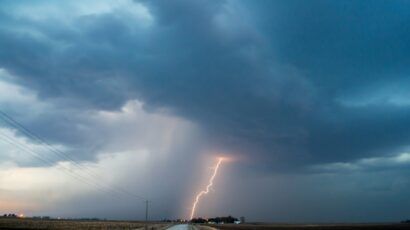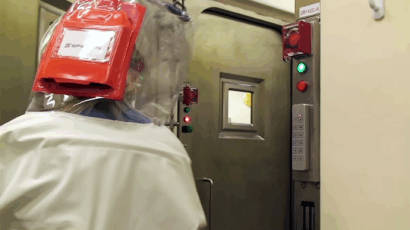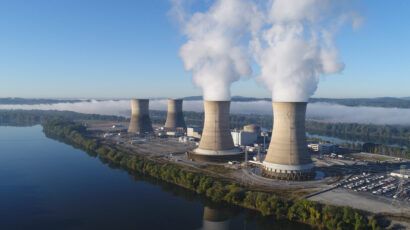Why America should move toward dry cask consolidated interim storage of used nuclear fuel
By Robert Rosner, Rebecca Lordan | November 1, 2014
Despite the recommendations of the
It was not supposed to be this way. The 1982 Nuclear Waste Policy Act bound the federal government by law to take custody of all civilian waste from power companies for final disposal, under the assumption that the waste would be permanently stored in a deep geological repository at Nevada’s Yucca Mountain and overseen by the Energy Department. The Act obligated the US government to begin accepting waste by 1998, but the government was unable to fulfill this promise, forcing it to remunerate the utility companies for continuing to store the waste and assume liability. This situation cannot continue.
As a solution, the commission argues that the US government should establish a widely distributed series of regional, government-run sites that would take in the used fuel from the cooling pools of several reactors, thereby consolidating the interim storage of used fuel and putting this nuclear waste into stronger, safer, more secure, more manageable—and ultimately more affordable—dry casks, as a first step toward ultimate disposal. Dry casks have withstood earthquakes and floods, and are designed to withstand the heat of fires and the impact of airplanes; the 100-ton structures are hard to steal or damage, and require no cooling systems or power supplies. These are some of the many reasons why making the transition to dry cask-based interim storage should be made as quickly as possible, regardless of one’s opinion of civilian nuclear power.
Together, we make the world safer.
The Bulletin elevates expert voices above the noise. But as an independent nonprofit organization, our operations depend on the support of readers like you. Help us continue to deliver quality journalism that holds leaders accountable. Your support of our work at any level is important. In return, we promise our coverage will be understandable, influential, vigilant, solution-oriented, and fair-minded. Together we can make a difference.
Issue: Bulletin of the Atomic Scientists Volume 70 Issue 6
Keywords: canister, disposal, dry cask, interim storage, nuclear waste, permanent storage, used fuel
Topics: Nuclear Energy
















